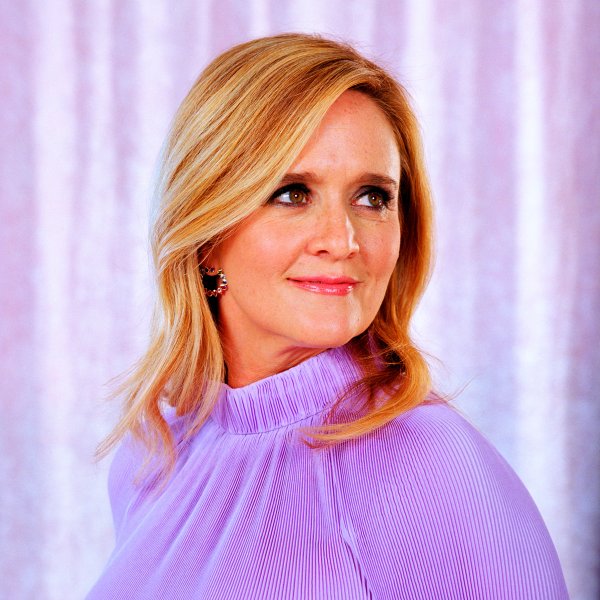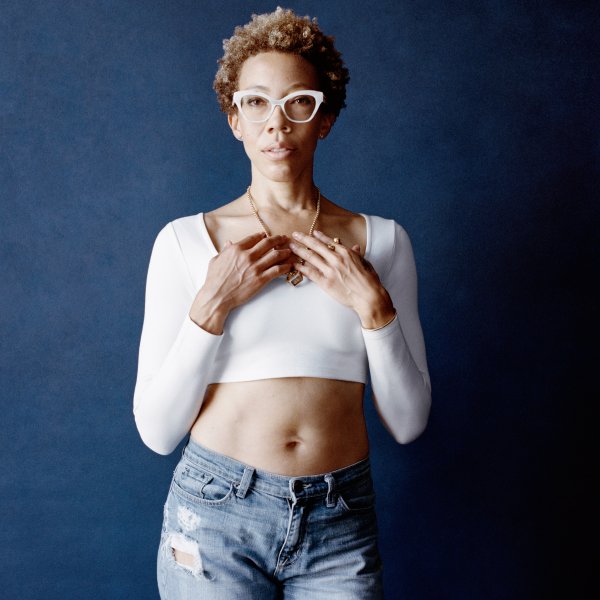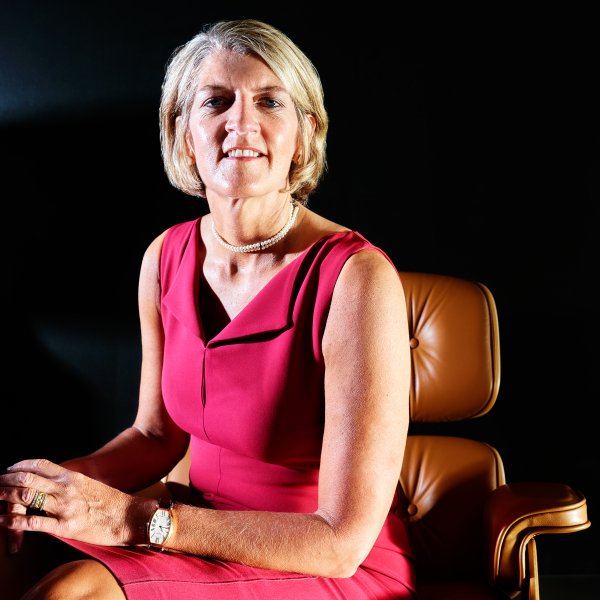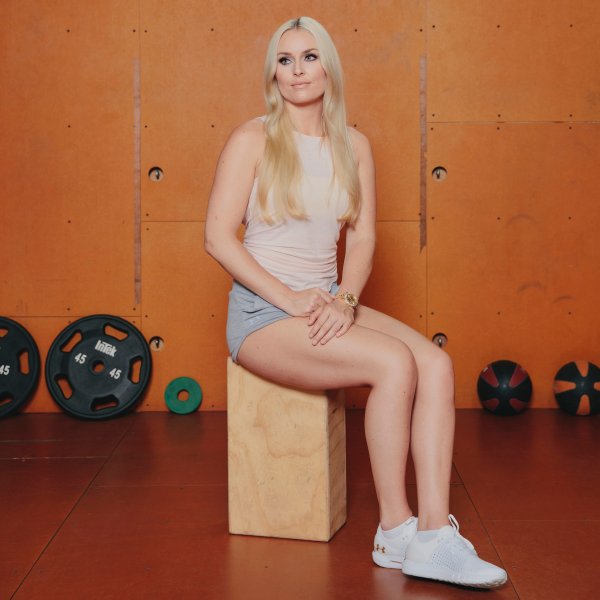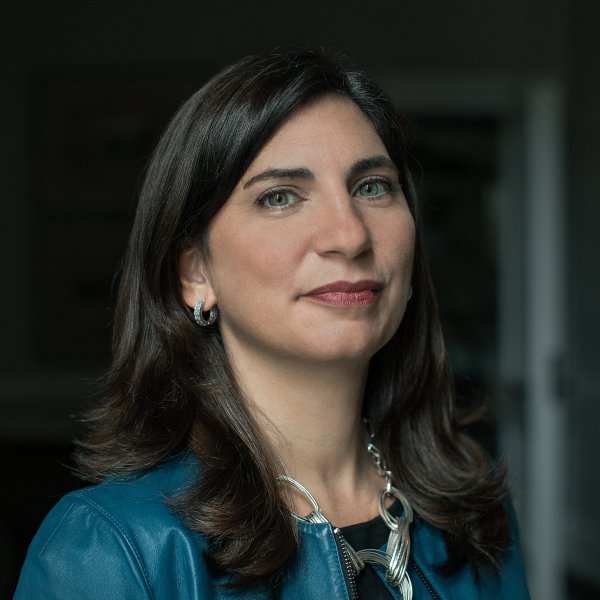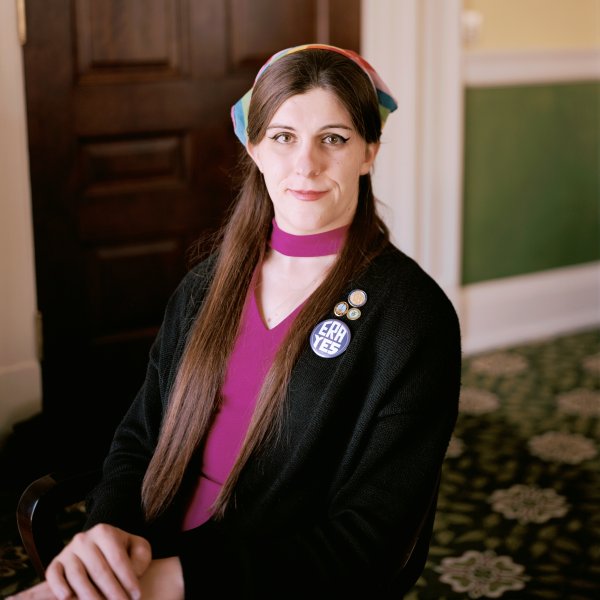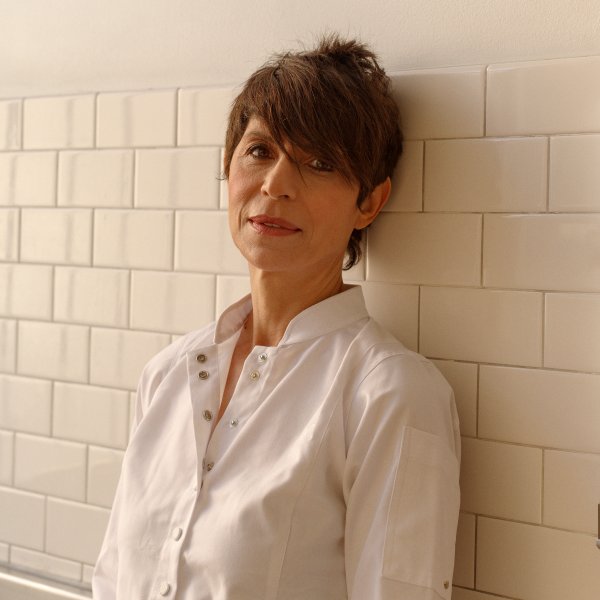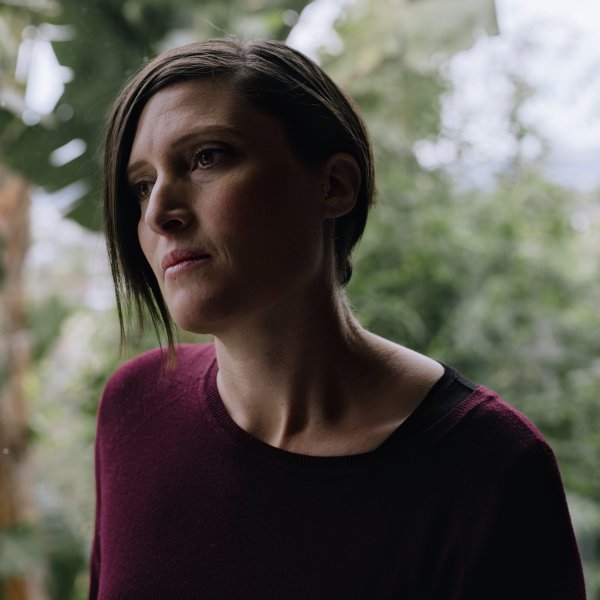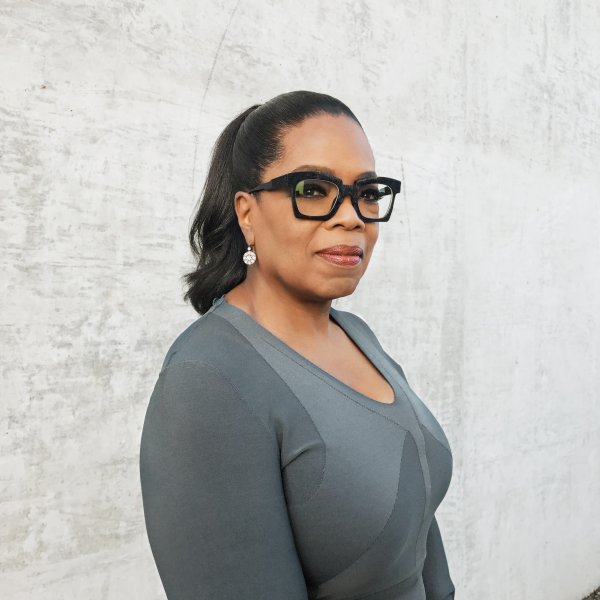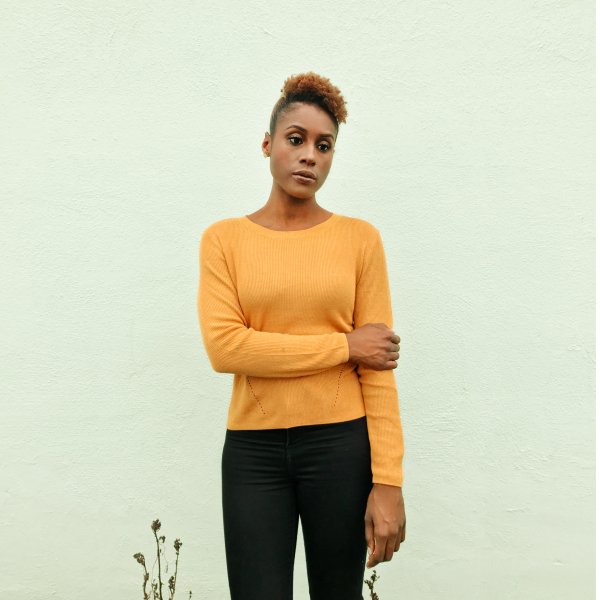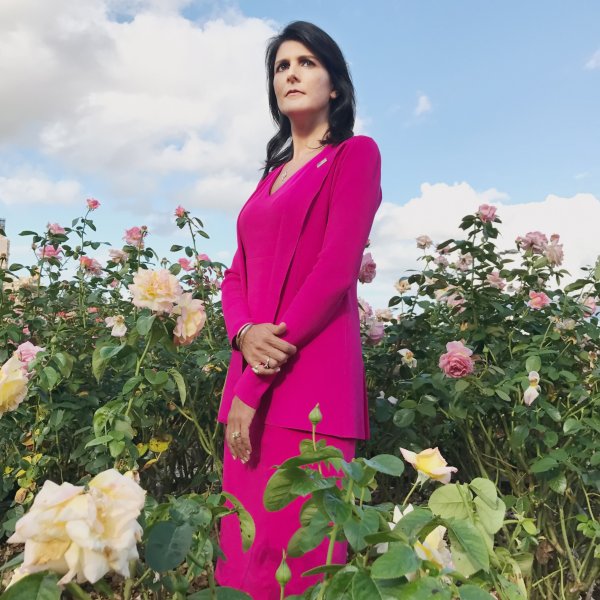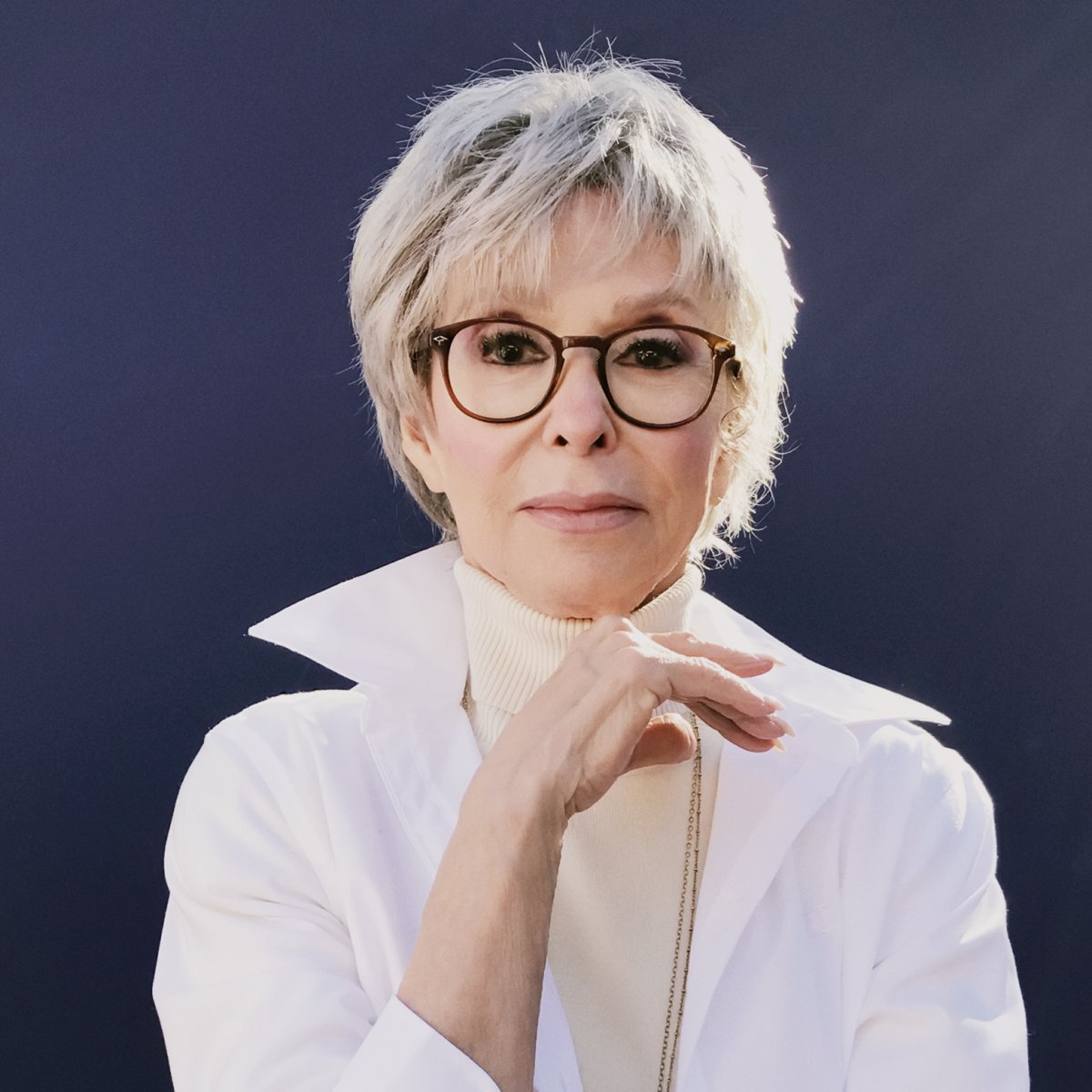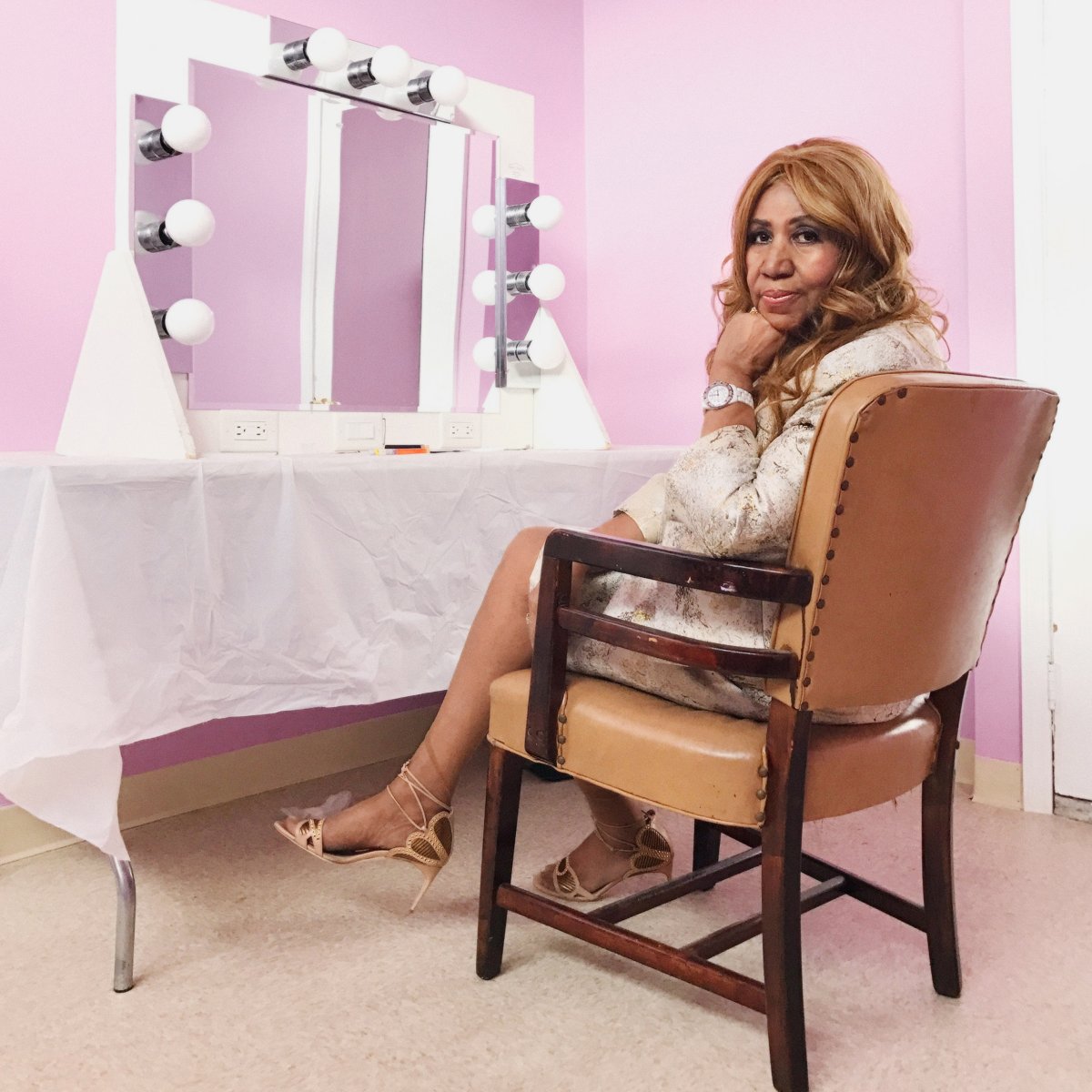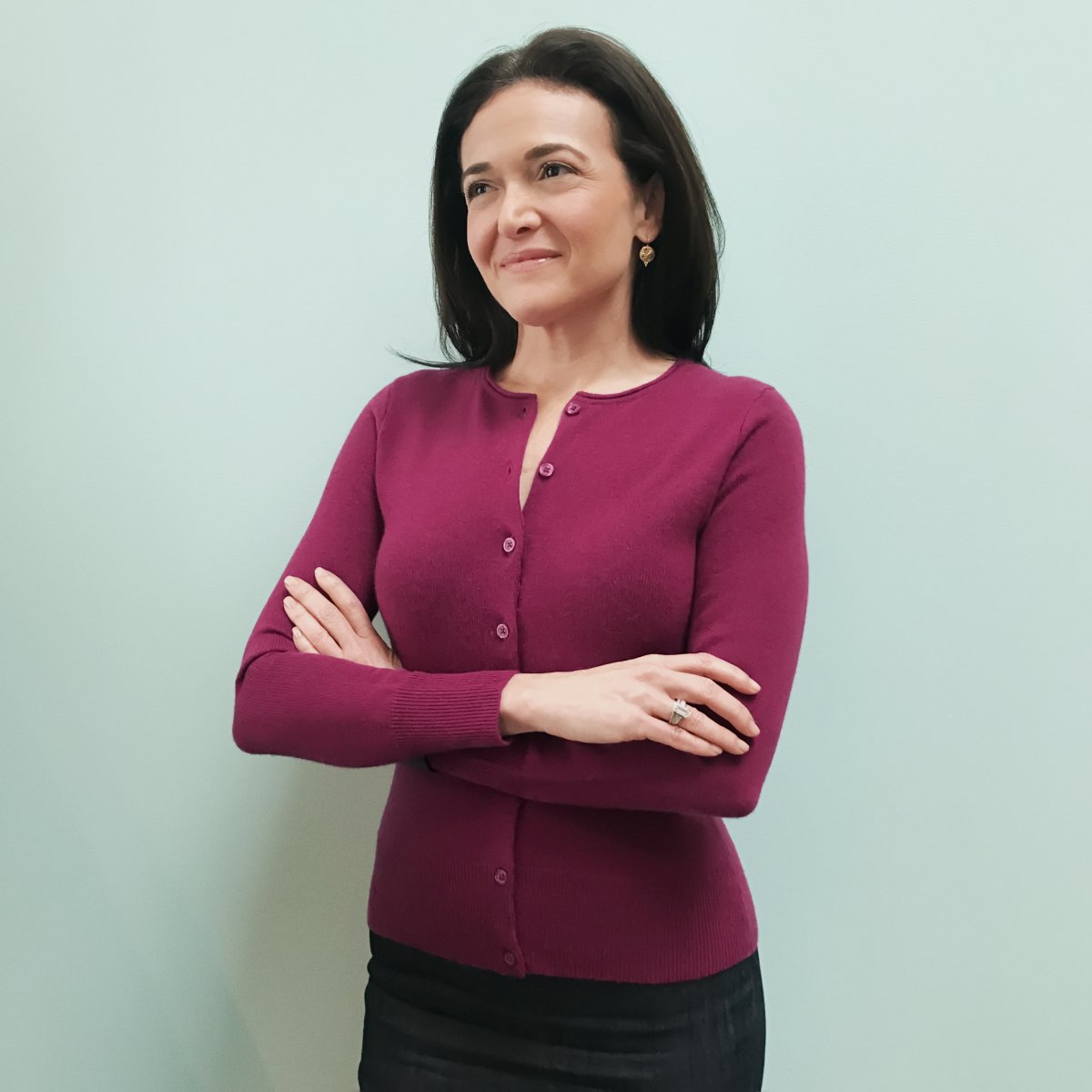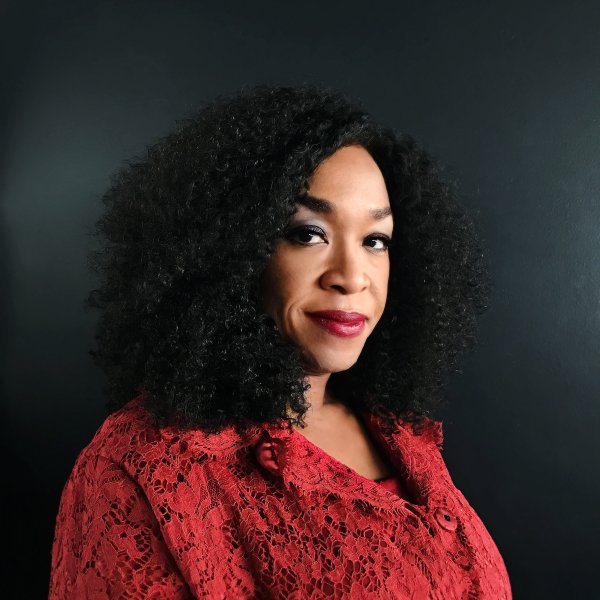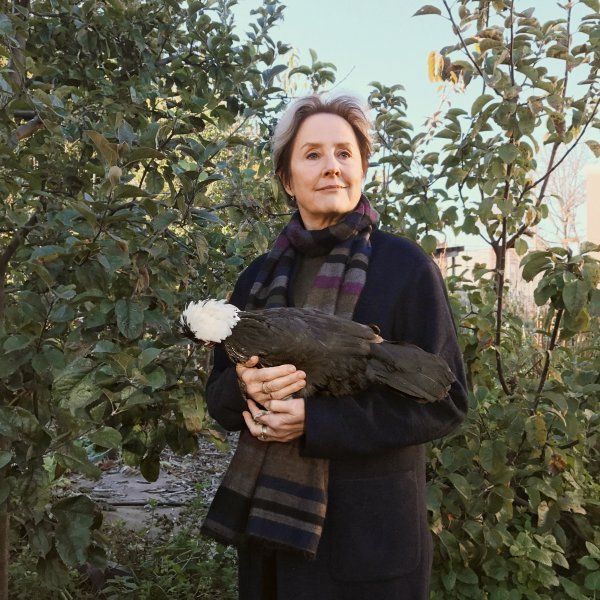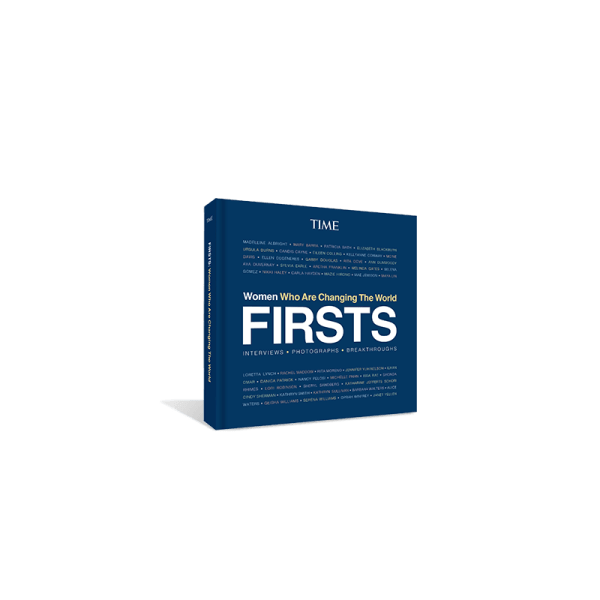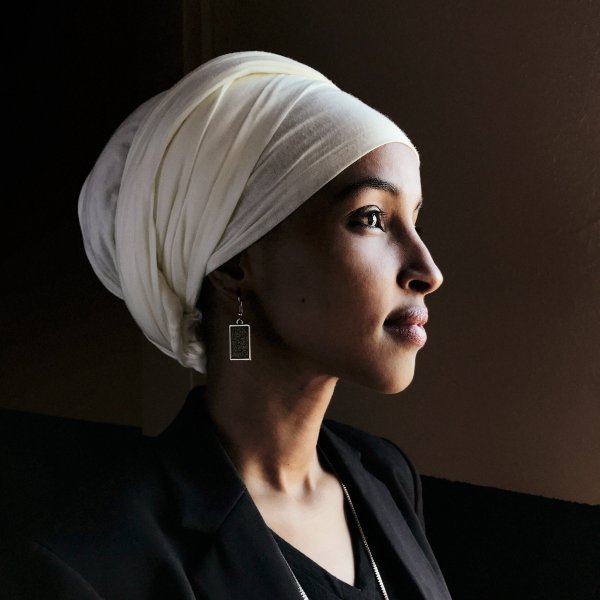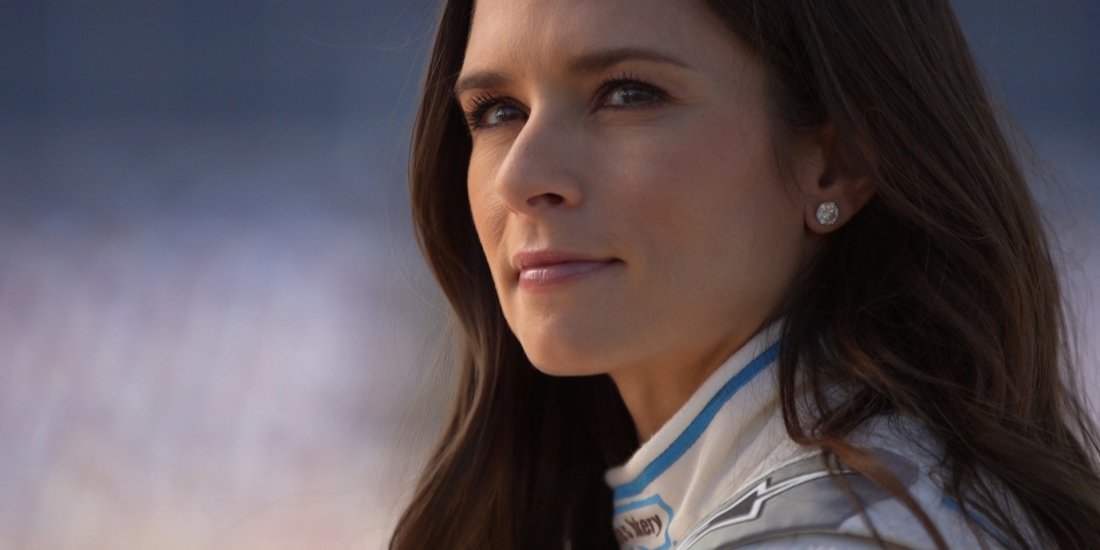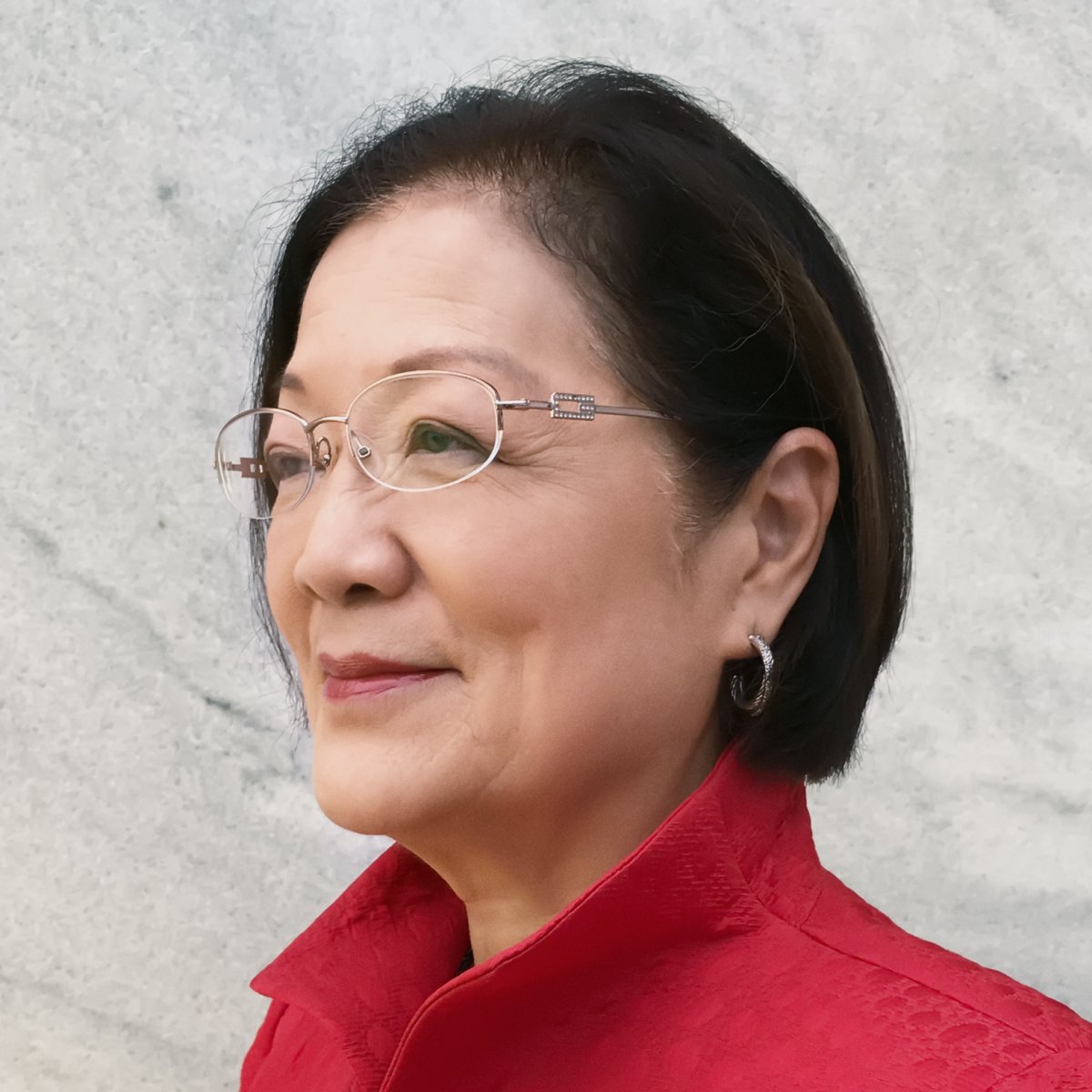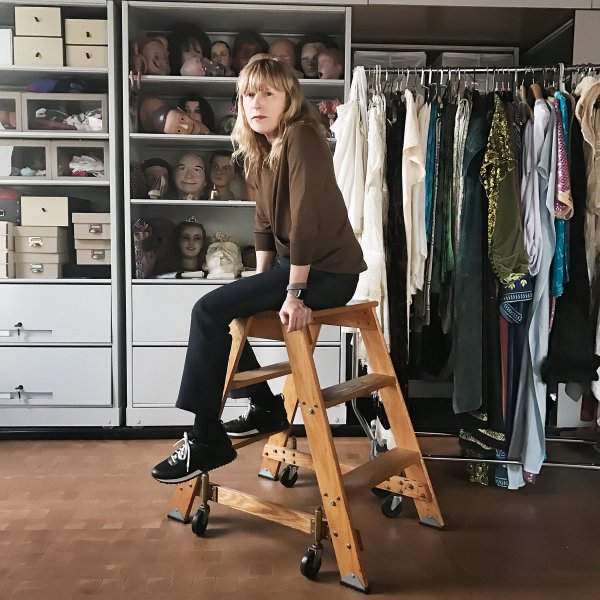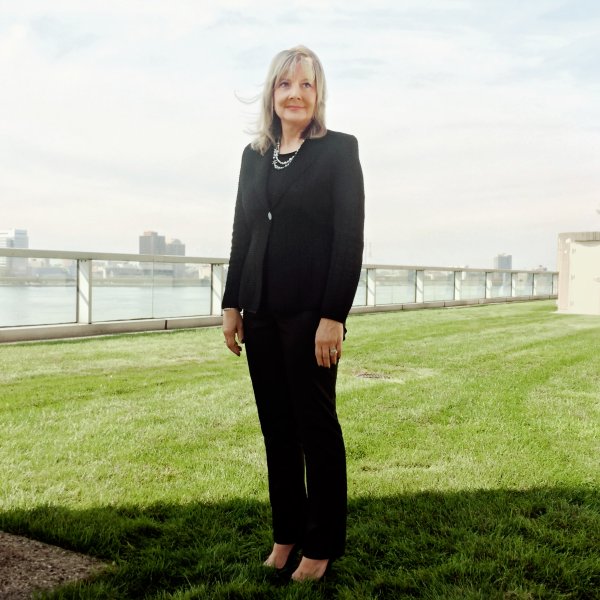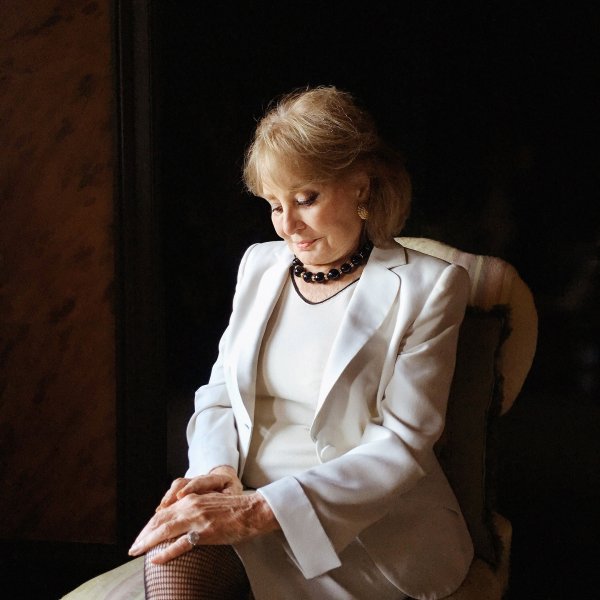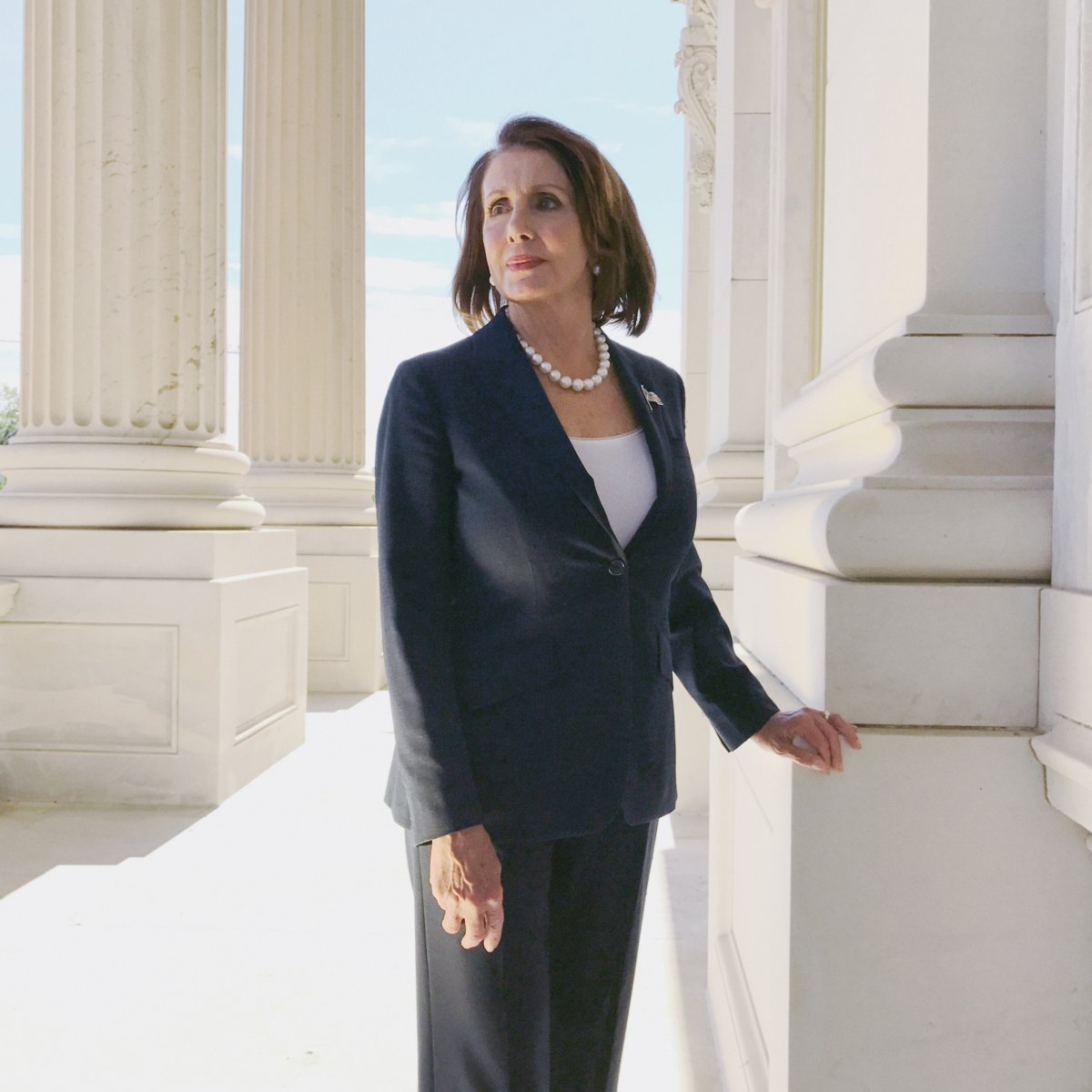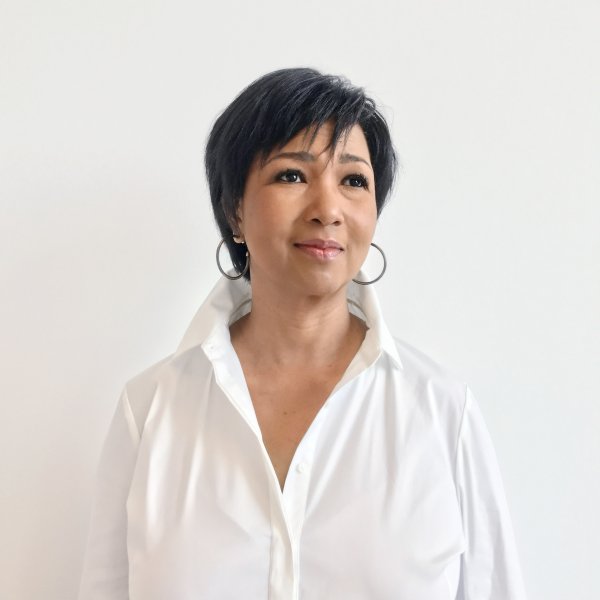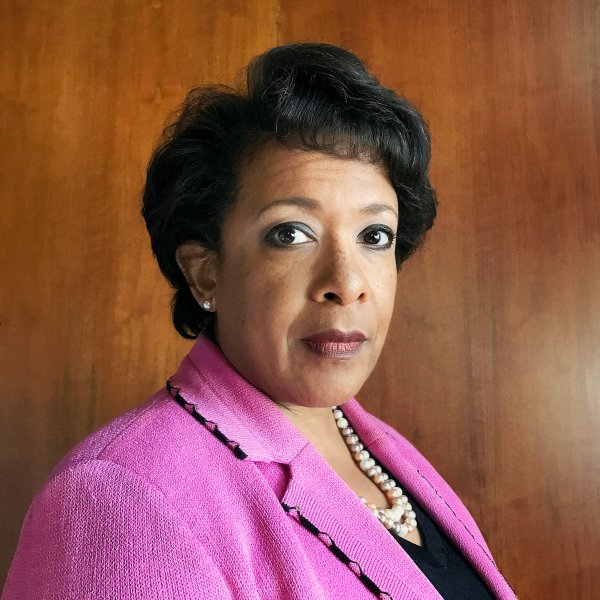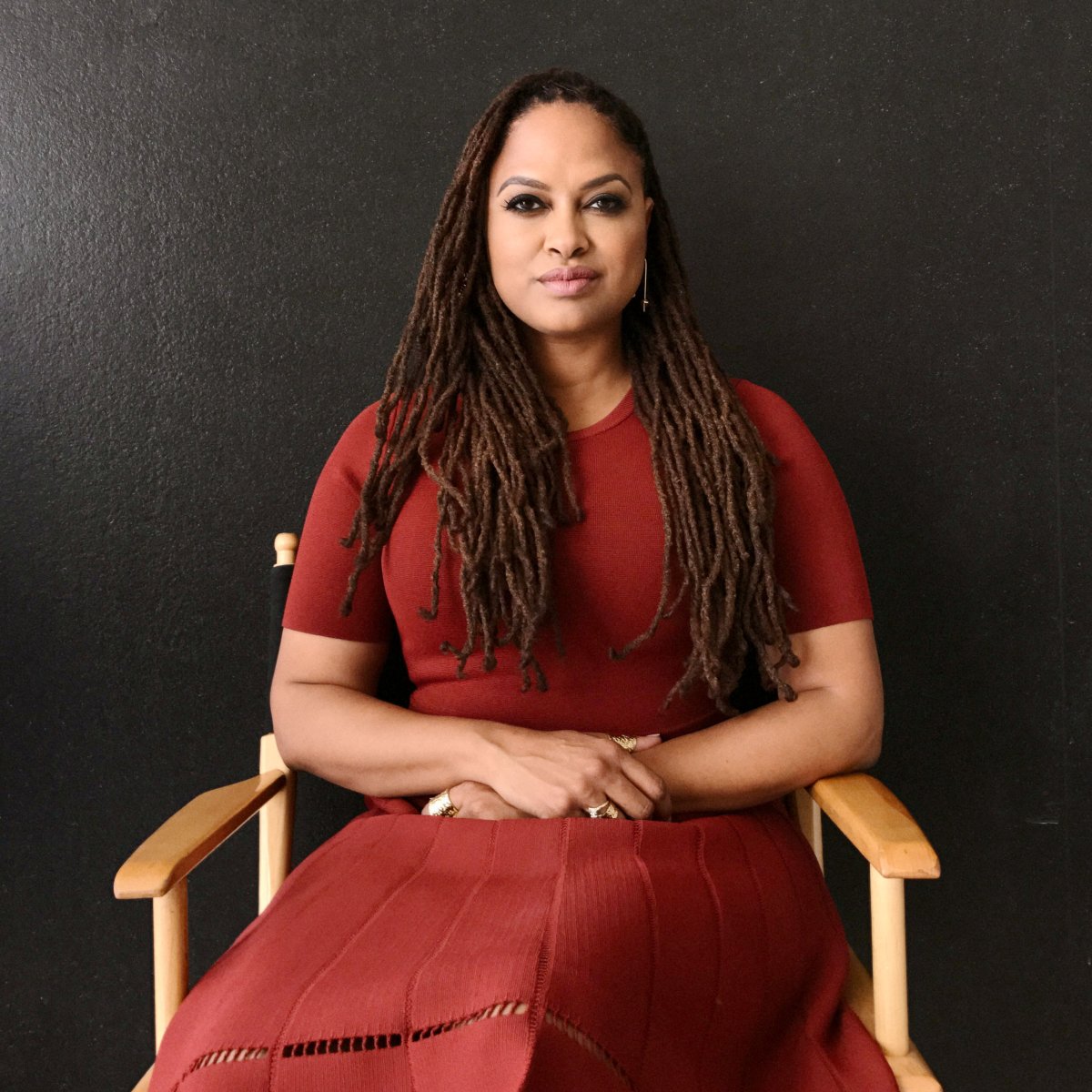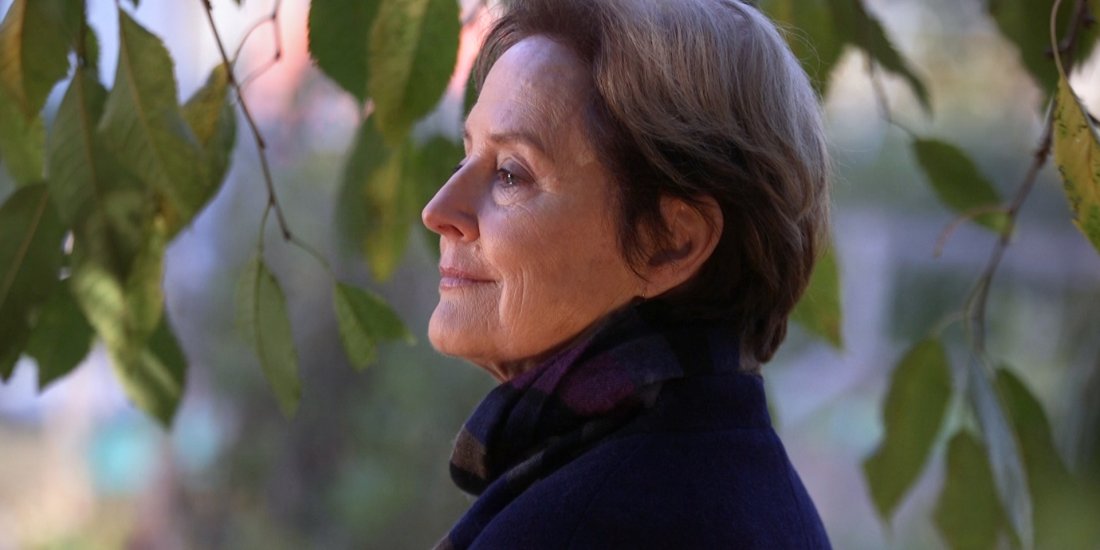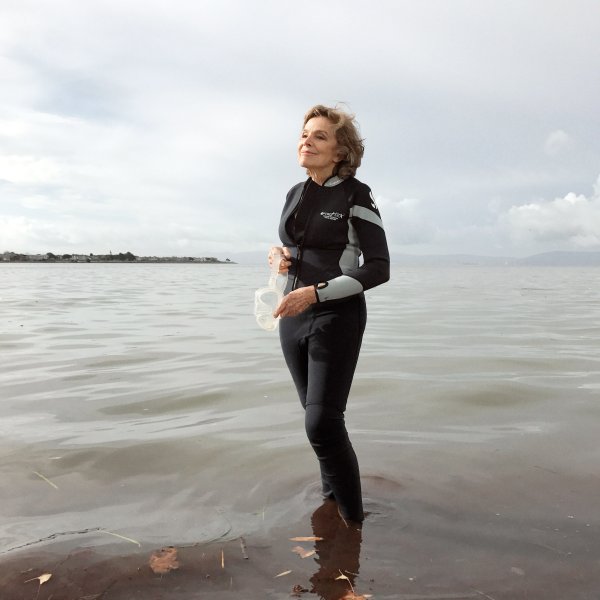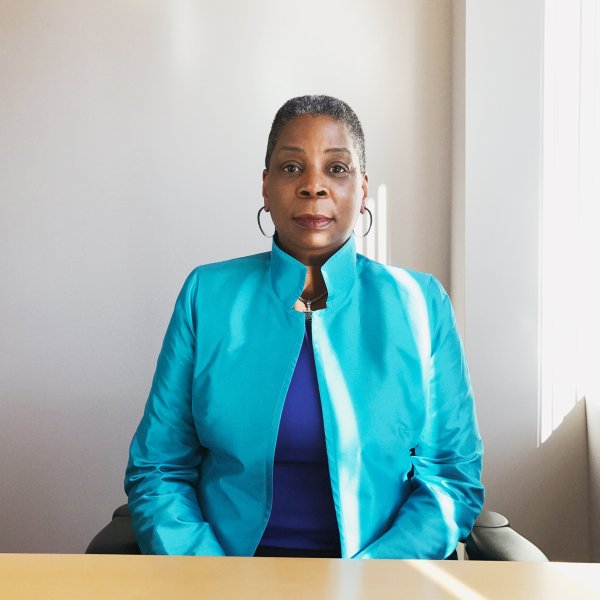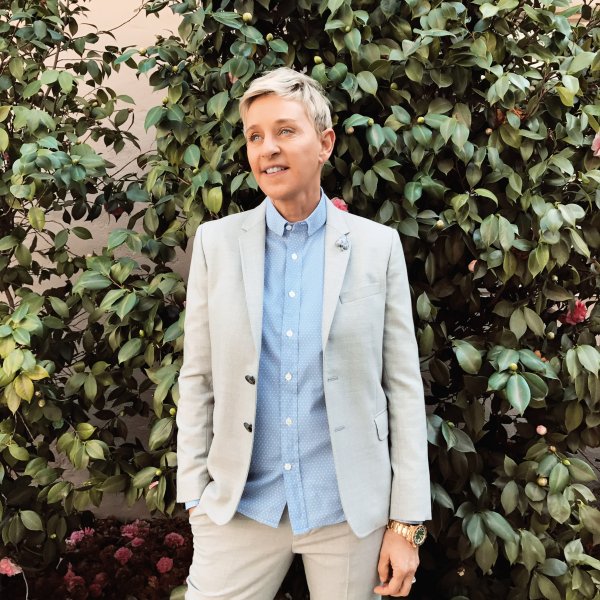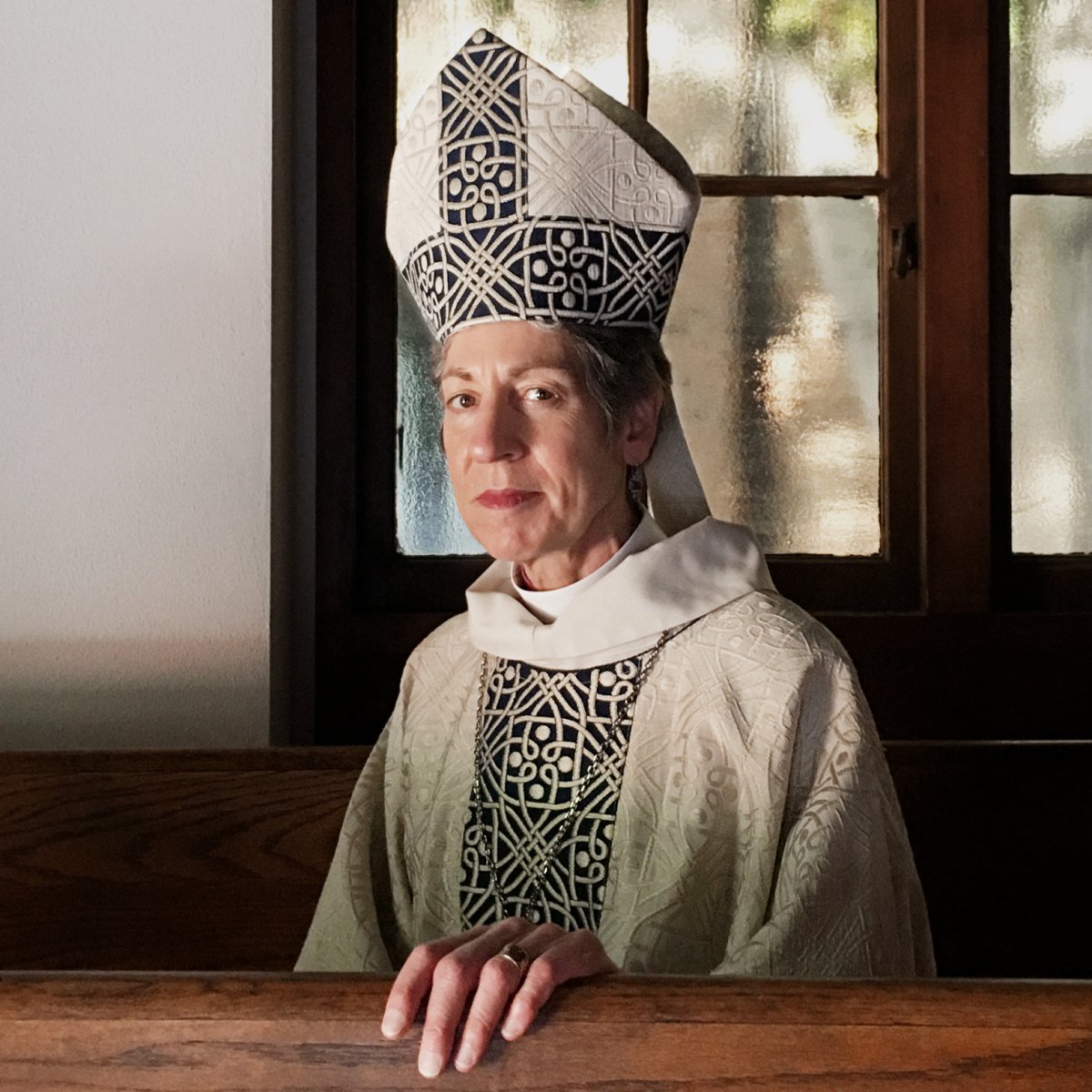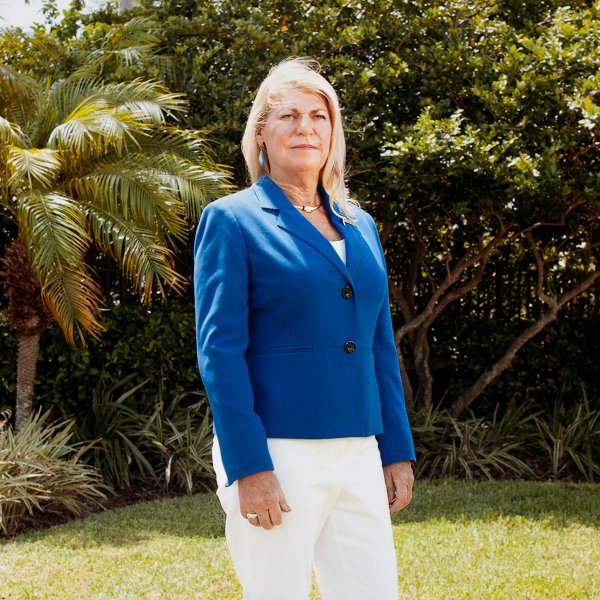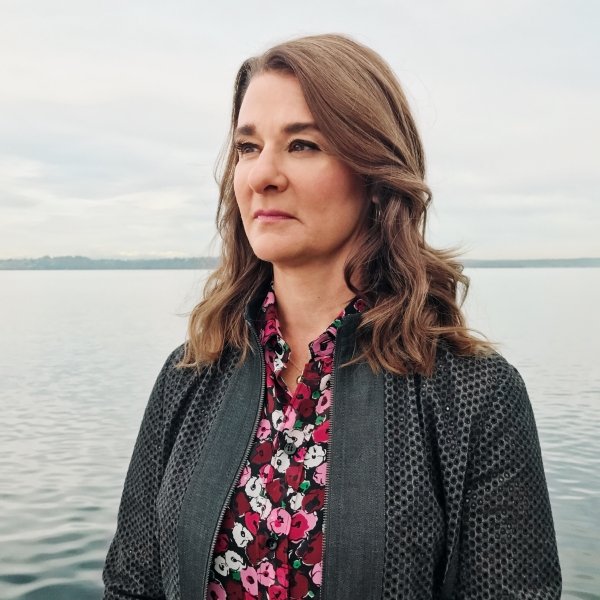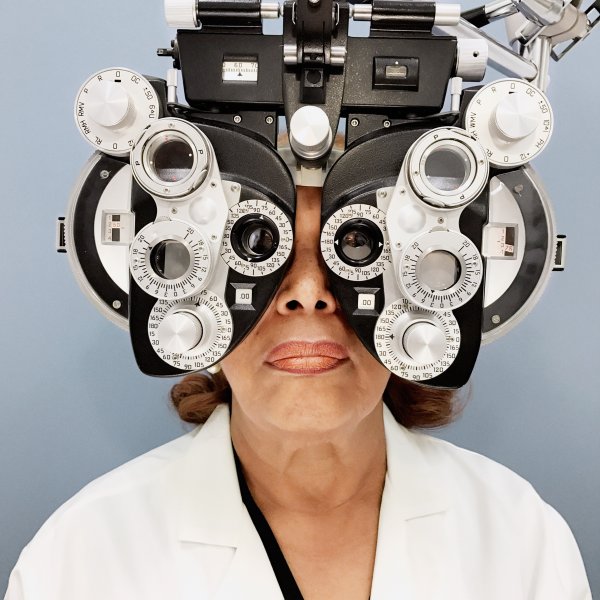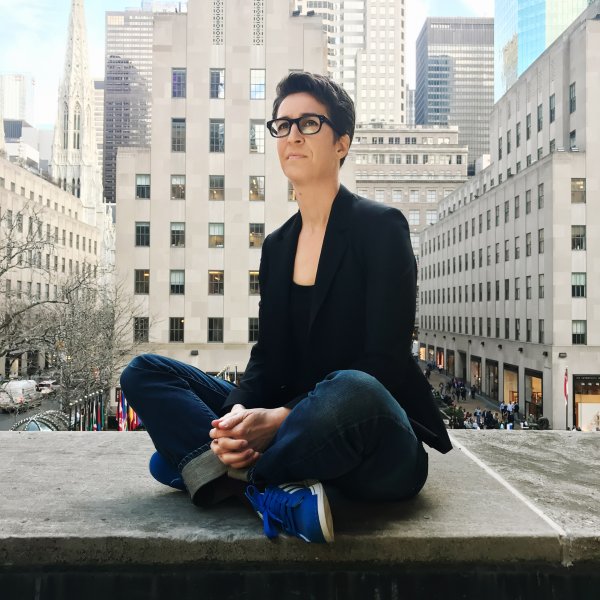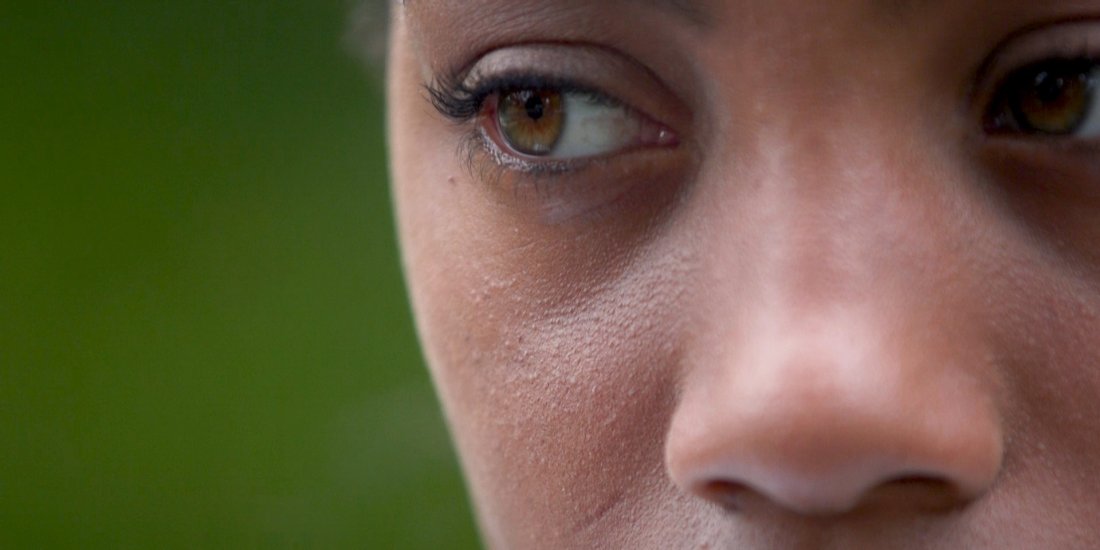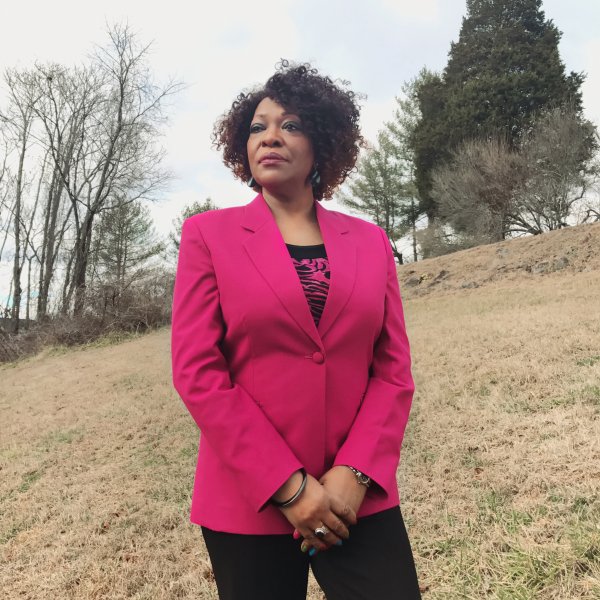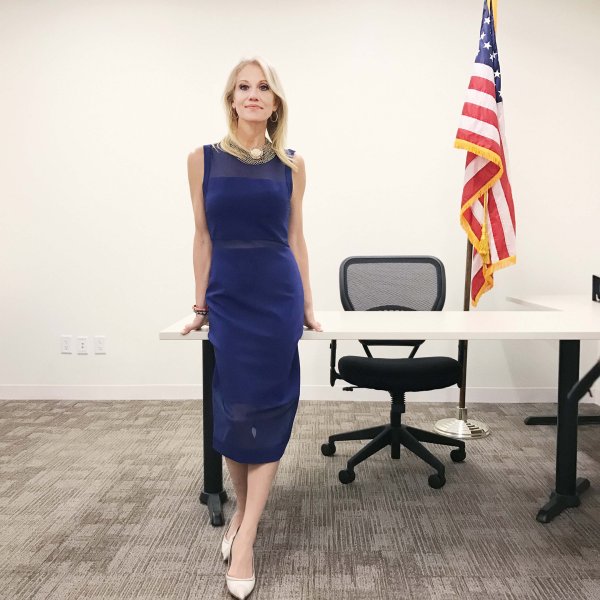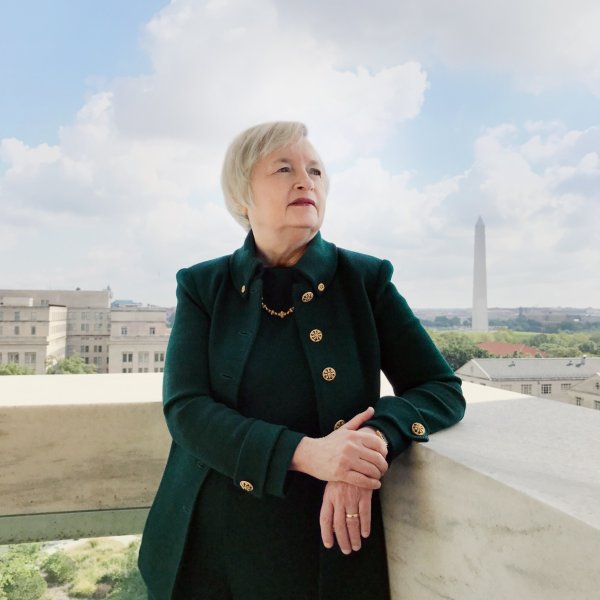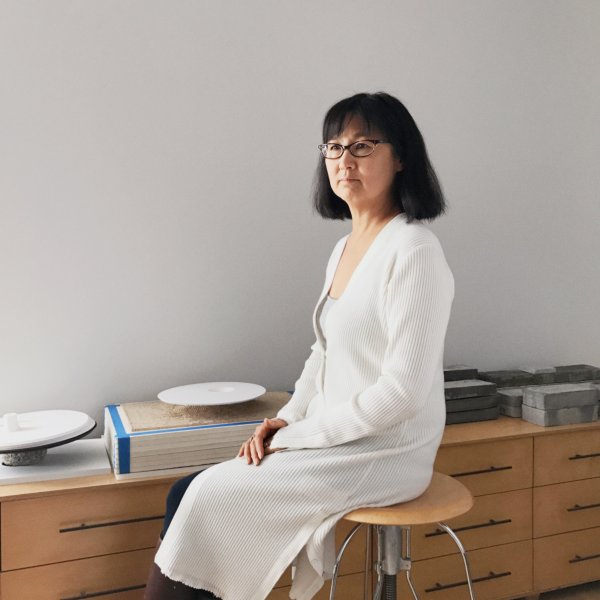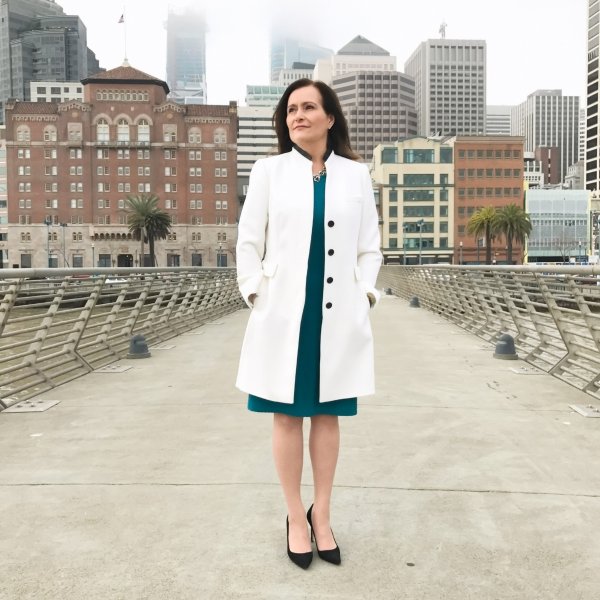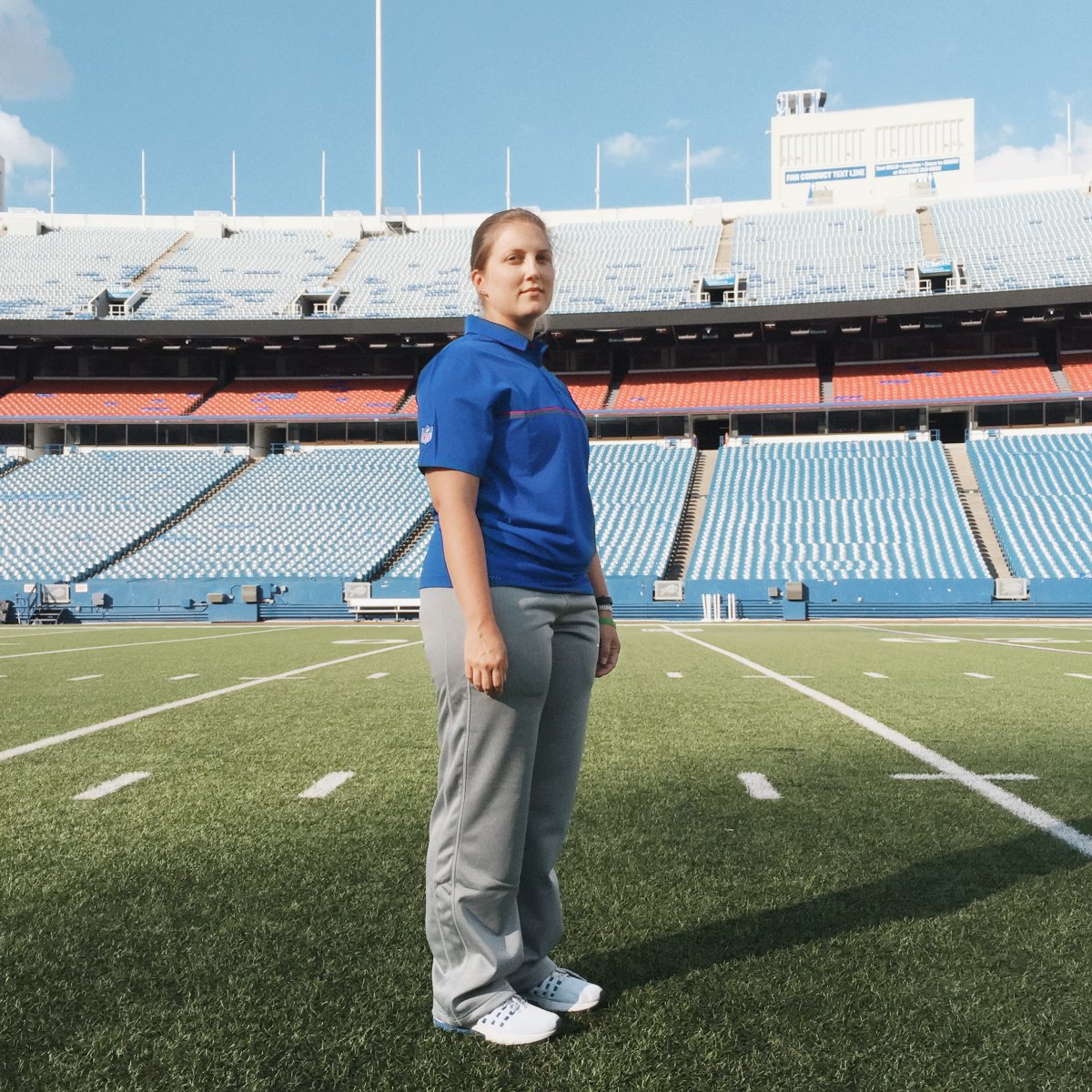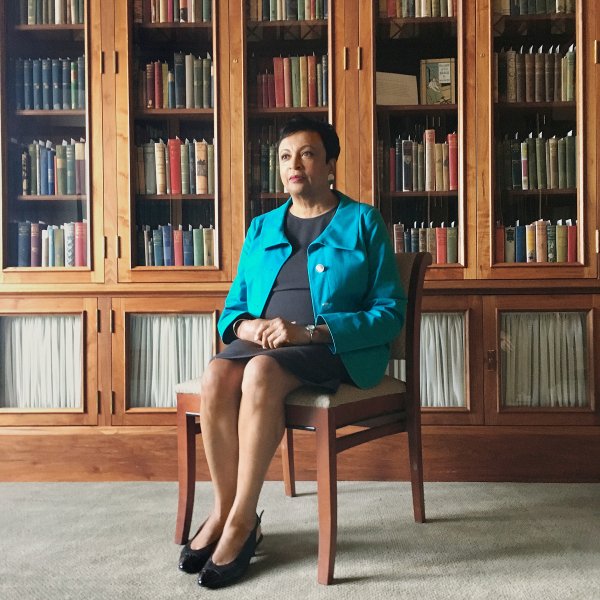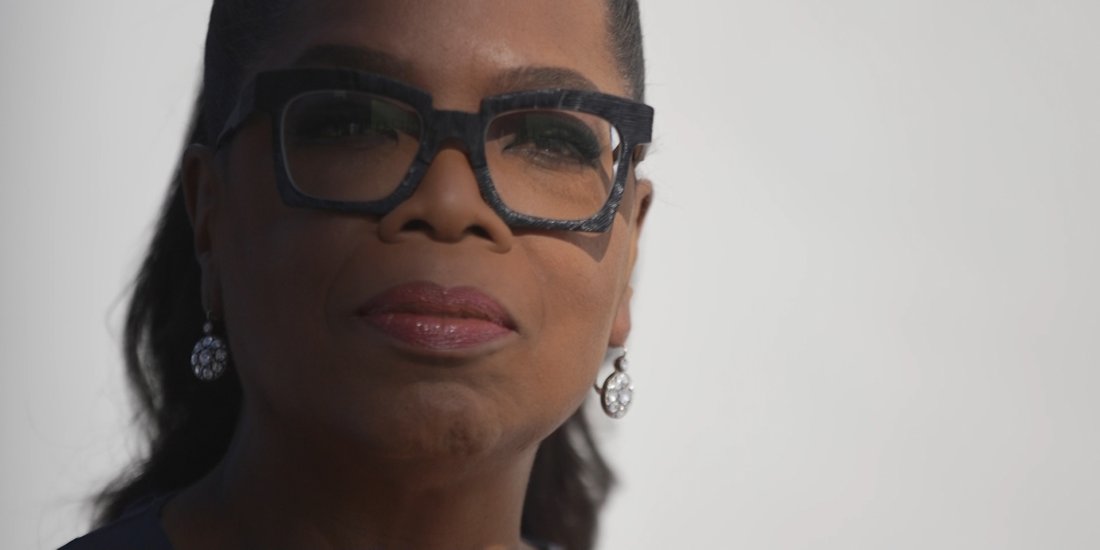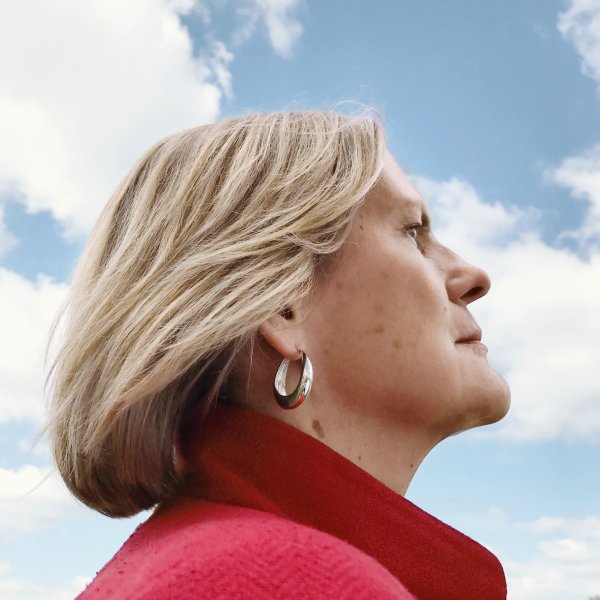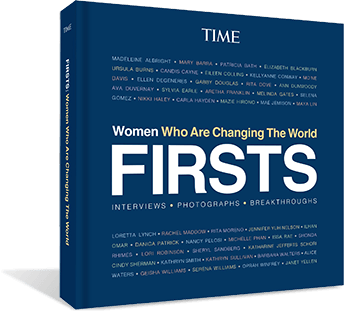The Philanthropist
Melinda Gates
First woman to give away more than $40 billion
Interview
‘The plight of women was a rallying call.’
My dad worked in the aerospace and aeronautics industry, and on a lot of those early Apollo missions. He made sure that my sister and I would watch the missions at night when they took off. We would often hear around the dinner table stories about his teams and what they were working on. He talked about the women he was recruiting and said that when he had these women mathematicians on his team, his whole team was better. Now we have statistics that show that teams and corporations are better if you have diverse points of view. I got lucky—I had a dad and a mom telling me I could be anything I wanted to be in the world. They said that very consistently to me and my siblings. If your dad believes in you, that’s important to young girls. If your dad thinks you can be good at math and science, good at business, good at anything, it lifts your confidence and your self-esteem.
Men speaking up and saying “I want women on my project” makes a difference. Or sticking up for a woman in a meeting and saying, “She just said what you repeated for her. It didn’t need repeating.” Or making sure that when a role opens, women know they should put their name in the hat and that they’re qualified for the job. It’s important for men and women to do that, but in some ways it’s even more important that men do it, because men are in more positions of power.
In our foundation work, I originally thought that the women’s issues were the soft issues. And I was just wrong about that. I saw that only women were talking about these issues, and I’m used to working in very male-oriented fields, right? Computer science and math and all these places I’ve been. So I thought, Well, I’m not going to just talk about what the women are talking about—I’m going to talk about what the men are talking about.
But as I was out in the field with families, I realized the reason women were talking about women’s issues was that no one else was championing them. The world wasn’t actually putting resources behind women’s health in the right way. In children’s health and adolescent health, you don’t just invest in the boy child, you invest in the girl as well. I was hearing over and over and over again about the plight of women. And I thought, Who’s giving voice to them? Who’s bringing their issues to the world stage? Who’s saying we need to make investments in contraceptives, which they were asking me for? It was a rallying call I couldn’t turn away from.
At the same time I was raising three young children—a daughter, a son and another daughter. I thought, especially for my oldest daughter who at the time was just entering adolescence, if I’m telling her she should use her voice or speak about what she believes in, I need to be role-modeling that in the world. And I wasn’t. Over time I decided that if I had this platform of the foundation, I actually needed to use my voice.
I’ve come to learn that, as in business, we haven’t had good data in philanthropy. We’re getting it now. But even when the world says they invest in data, they don’t invest in data around women. And if we don’t invest in collecting statistics about women, we don’t know how and where to act. So I’m making sure that we take these business principles to women’s issues. Then we can get the world to invest.
I wouldn’t say that the world sees women’s issues as soft issues anymore. If I’m at the U.N., there are many Prime Ministers speaking about girls’ education these days, because they want their whole society to work. If girls participate in economic opportunities, it’ll change their countries. We need to unlock the potential for girls and women to let them fully participate and be who they are in the world. And we’ll see amazing things because of it.
Gates, who has degrees in computer science and economics as well as business administration, worked at Microsoft from 1987 to 1996. She is a co-chair of the Bill & Melinda Gates Foundation.
